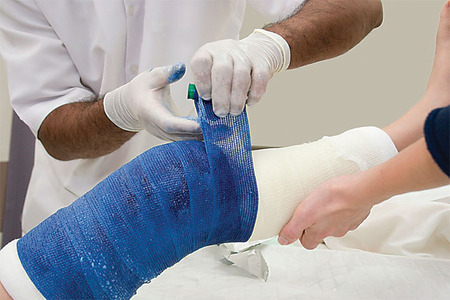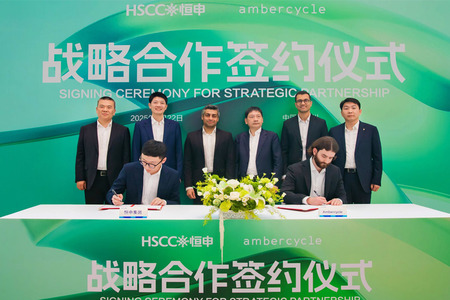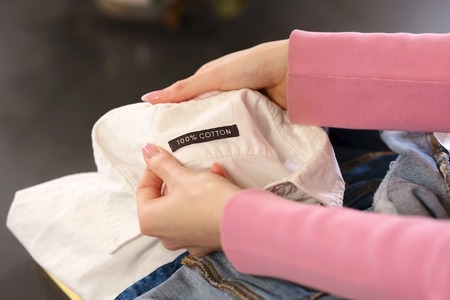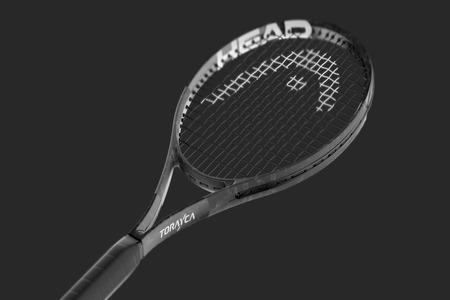
Evrnu launches a new recyclable material made entirely of textile waste
YarnsandFibers News Bureau 2022-04-04 03:00:49 – USAUS-based textile innovations company, Evrnu, announced the launch of 100% NuCycl r-lyocell, the world's first high-performance, recyclable lyocell material created exclusively from cotton textile waste.
This breakthrough fiber is made entirely of cotton textile waste and is aimed to replace and outperform virgin cellulosic and plastic-based materials (90% of present textile fibers) while also reducing environmental impact and retaining recyclability. Evrnu has launched this fiber with a luxury T-Shirt designed by Carlos Campos and constructed of 100% NuCycl r-lyocell, which is now available on CarlosCampos.com.
Evrnu has been paving the road for the tens of millions of tonnes of textile waste that wind up in landfills or incinerators each year to return to the value chain since 2014. Textile waste is used as a resource by Evrnu's chemical recycling technologies, which break it down and regenerate it into new materials that outperform both virgin cellulosic and plastic textiles.
Evrnu's first commercially available fiber is 100% NuCycl r-lyocell. This fiber can directly replace 90% of present textile fibers, including cotton, man-made cellulosic fibers, nylon, and polyester because it uses cotton textile waste reclaimed from landfills as its only input. This is a big step forward for the textile sector, which has been looking for bio-based plastic substitutes for a long time.
Knowing that tenacity, strength, comfort, and other performance attributes are important for adoption, Evrnu's 100% NuCycl lyocell meets or exceeds the performance attributes of high tenacity nylon and polyester in terms of tenacity, strength, comfort, and more, all while remaining 10x recyclable.
Stacy Flynn, Co-Founder & CEO of Evrnu, said that they have at least a 20-year push to innovate around climate change to make up for the past 100 years of collateral industrial damage. Their team and partners are committed to improving and scaling textile recycling solutions to bring their business into balance with natural systems.
Evrnu developed this fiber by adapting the existing lyocell manufacturing technology, which normally uses virgin wood, to use textile waste instead. Evrnu is paving the way to fast scale its chemical recycling solutions for the fashion industry by fine-tuning its technologies to fit into the existing manufacturing infrastructure.
Evrnu has raised $31 million in finance and is now constructing a new facility in the southeast United States to showcase its fiber regeneration methods on a commercial scale. This new facility will process 17,000 metric tonnes of pulp and 2,000 metric tonnes of fiber each year.
Christopher Stanev, CTO of Evrnu, said that they can now outperform 90% of the market by utilizing what is currently viewed as waste for the first time in the history of the textile business. Since founding Evrnu, they've demonstrated that their technologies not only work but are also scalable on existing infrastructure; picture how the industry will look when they're done.
On CarlosCampos.com, the Carlos Campos T-Shirt made of Evrnu's innovative material is currently available for $110. Evrnu is demonstrating how it can utilize textile waste as its sole raw material, reducing manufacturers' need on virgin cellulosic and plastic materials, with this launch. In the following months, Evrnu will continue to commercialize 100% NuCycl r-lyocell with a variety of brand partners as it strives to create a bigger, closed-loop circular ecosystem for textiles sector.
Market Intelligence
Ask for free sample Report

experience
Customer Base
dedicated team
Countries Served Worldwide









